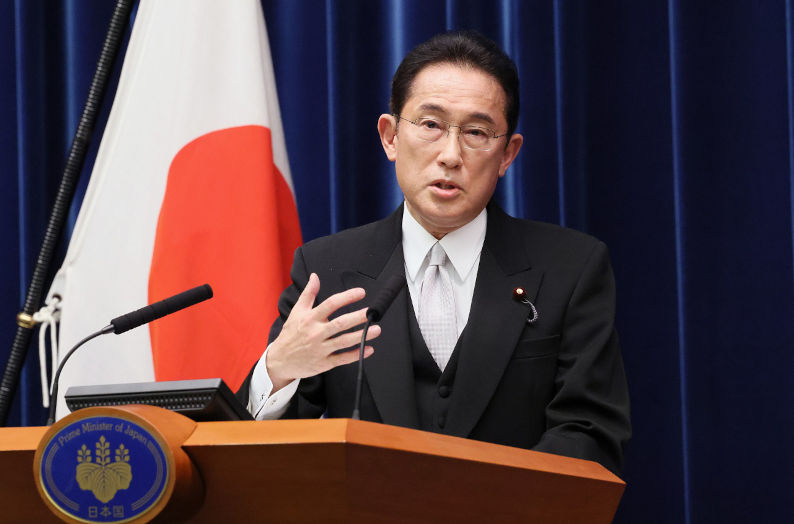Japan’s abductions myths have kept a nation in poverty for decades

How can it happen that a person who probably no longer exists can keep an entire nation, North Korea, in poverty for more than twenty years, and the rest of us under prolonged nuclear threat? The story is complicated.
In 2001 Tokyo sent a senior foreign ministry official to North Korea to chase up rumours that the communist country had been abducting Japanese citizens for suspicious purposes. After a year of secret negotiations Pyongyang finally came clean and agreed to return two married couples it had abducted in the late seventies and the Japanese wife of a US Korean War deserter it was holding. All others were listed as having died from accidents and other causes.
Tokyo was happy with that result and in 2002 agreed to issue a Pyongyang Declaration in which Japan promised finally to normalise relations with North Korea and provide significant economic aid (valued at a mouth-watering 100 million USD by North Korean sources). Pyongyang in return would continue its moratorium on missile testing.
Both would apologise for past wrongs. Japan’s then prime minister, Junichiro Koizumi, came to Pyongyang to sign the declaration with North Korean leader, Kim Jong Il, and confirm the return of the five abductees.
But no sooner had Koizumi returned to Japan when his then deputy cabinet secretary, the very rightwing Shinzo Abe, began pushing rumours that North Korea’s abductions of Japanese had in fact been over 800. They too had to be returned.
After prolonged delays, Tokyo officially reduced the number of unreturned abductees to 12, with the possibility of many more, perhaps more than 800.
But the powerful organisations for relatives of missing abductees which Abe, now prime minister, had helped create were still not happy. Even on Tokyo’s official figures there were still some missing and they all had to be returned before there could be any move for better relations with North Korea.
One of them included a 13 year-old girl, Megumi Yokota, probably abducted because she had seen another abduction nearby. Her name came to be used as a symbol of the allegedly still unresolved abductee affair.
Shrines, photos and songs were made in her memory. Her grieving parents were taken to Washington to meet President Obama, and other capitals as part of Tokyo’s gigantic PR effort to keep the issue alive.
Meanwhile Pyongyang continued to insist Megumi had died in 1994 after being married and giving birth to a daughter, Kim Eun-Gyong. Megumi’s cremated bones were offered as proof. But Tokyo’s use of a suspect DNA bone test in a bid to prove Pyongyang was lying was blasted by the UK scientific magazine Nature. The attempt was not repeated.
The Megumi affair seriously began to fall apart when Tokyo, continuing to insist Megumi was still alive, finally in 2014 had no choice but to allow Megumi’s parents to visit Megumi’s daughter, the now mature Kim Eun-Gyong, provided it was in a third country, in this case Mongolia.
But when the parents returned from Mongolia they had nothing to say about Megumi, other than the mother believed ‘Megumi is still safe somewhere’.
So what are we supposed to believe? That Megumi is safe somewhere but the cruel North Korean regime will not allow her to appear in public?
Asked just this question last week at a TV camera packed press conference to kick off yet another national and international campaign for the immediate release of all abductees, Megumi’s brother, Takuya, now head of the leading abductee grouping said he was sure North Korean agents were present in Mongolia to make sure there was no talk of Megumi.
And so the abductee drama rolls on, even longer than the very similar MIA fuss which delayed US resumption of relations with North Vietnam for 15 years.
After the repeated searches demanded by Tokyo, Pyongyang has said that out of Tokyo’s claimed 17 abductees, five have been returned, five never entered the country and the remainder have died. The case is now closed and any more calls for direct talks, as Japan’s prime minister, Fumio Kishida was hinting last month, will be refused point blank if the abduction issue is included.
Relying on the gullibility to the Japanese public, the now deceased former Prime Minister Abe has found the ideal way to deadlock Japan’s relations with North Korea for a very long time.